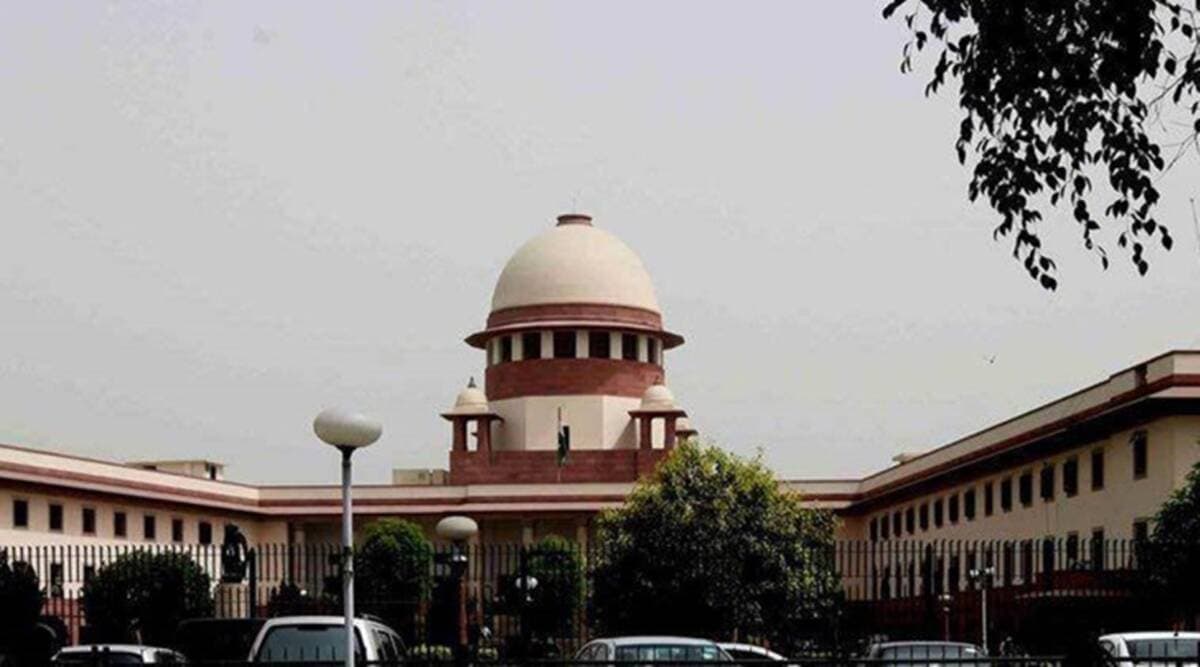 The Supreme Court had said that it would consider setting up a committee to consider the issue in detail and make recommendations. (File Photo)
The Supreme Court had said that it would consider setting up a committee to consider the issue in detail and make recommendations. (File Photo)Stating that political parties cannot be stopped from making promises aimed at fulfilling the Constitutional mandate to minimise or eliminate various forms of inequalities if elected to power, the Supreme Court on Wednesday said the question, however, is what would qualify as a valid promise.
“As rightly pointed out by some of you, Article 38(2) mandates the State to ‘strive to minimise inequalities in income, and endeavour to eliminate inequalities in status, facilities and opportunities, not only amongst individuals but also amongst groups of people residing in different areas or engaged in different vocations’. You cannot prevent a political party or individual from making promises aimed at fulfilling this Constitutional mandate, if elected to power,” Chief Justice of India N V Ramana, heading a three-judge bench, said.
“The question is what exactly qualifies as a valid promise,” he added.
The court was hearing a PIL seeking a ban on the practice of political parties promising freebies to lure voters in the run-up to elections.
Subscriber Only Stories
The bench, also comprising Justices J K Maheshwari and Hima Kohli, recalled that “there is no free lunch” and wondered whether one can call the promise to provide free and compulsory education or safe drinking water free of cost to all, or subsidy on power, seeds and fertiliser to small and marginal farmers to make agriculture remunerative, or free and universal health care, or a few minimum essential units of electricity free of cost to the needy as a freebie.
The court said there has to be a distinction between the offer of ornaments, television sets, consumer electronics free of cost and real welfare offers. For instance, the promise of free coaching for professional courses cannot be compared with the promise of free white goods, the CJI remarked.
CJI Ramana said he doesn’t think voters are looking for freebies, and given an opportunity they would look for dignified earning. In this context, he also referred to the Mahatma Gandhi Rural Employment Guarantee Scheme, which he said offers dignified earning and created public assets in rural India.
The CJI also said, “I don’t think the promises alone are deciding the outcome of elections. There are instances of parties that promise more compared to others losing the elections badly.”
The concern is about the right way of spending public money, he said.
The CJI said while some people argue that taxpayers’ money is wasted on freebies, there are some others who say it is essential to spend public money on welfare measures.
Reiterating that all stakeholders will have to be heard, the court adjourned the hearing until August 22.
Hearing it earlier, the Supreme Court had said that it would consider setting up a committee to consider the issue in detail and make recommendations.
- The Indian Express website has been rated GREEN for its credibility and trustworthiness by Newsguard, a global service that rates news sources for their journalistic standards.

